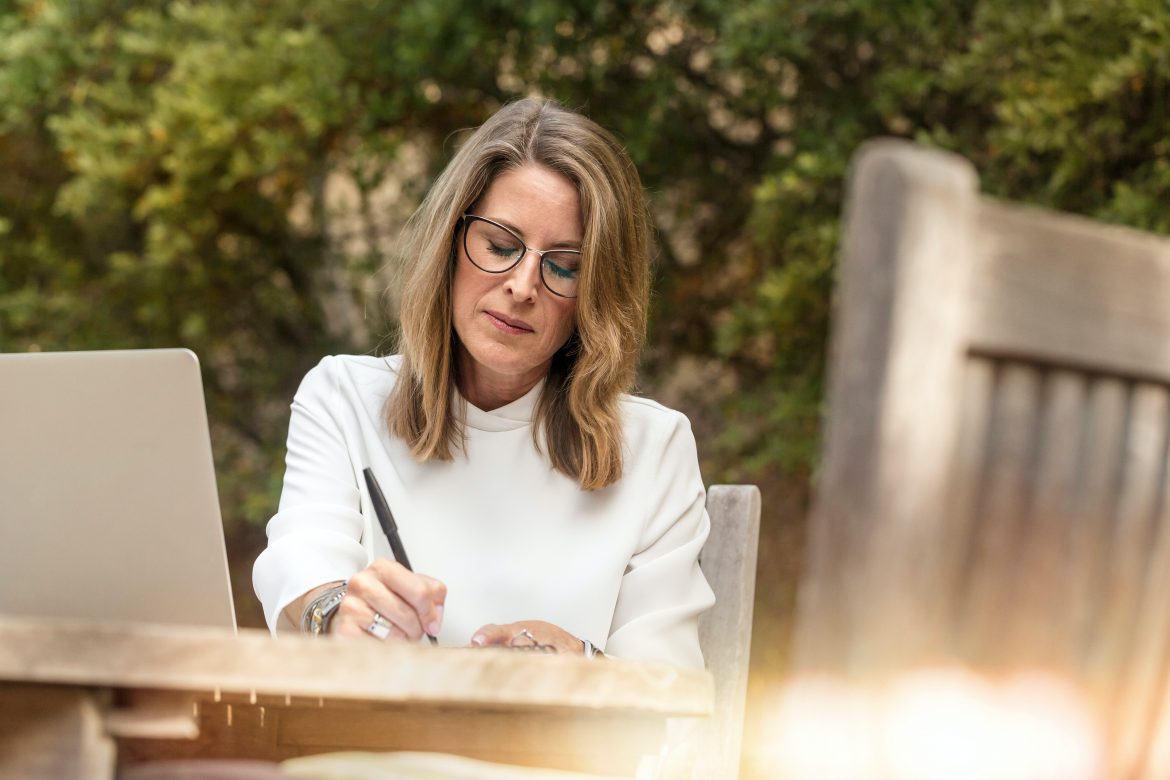It’s not enough to cross your fingers and hope for a rosy retirement. Sylvia Walker discovers the reality of living on the average pension – and reports on how we can all do better.
Could you live on R9 300 a month? Thats the reality for the average South African private pensioner, according to the Bankserv Private Pensions Index.
There are only around on million or so of them in South Africa- the rest of them are left to battle it out on a SASSA Old Age Grant. Assuming that I was one of the lucky (or clever!) ones who had managed to help build up a retirement nest egg. How far would R9 300 take me? Up for a challenge, I decided to give it a go for a month.
Home Truths
If I had any hope of making it, my accommodation had to be rent or bond free. Then I realised my essential bills – rates, electricity, water, insurance, security and airtime would eat up around half my budget. Once I paid for my medical aid, I had a R1440 left. Not a pretty picture. So I either needed to to share these expenses with a partner or housemate, or move to a cheaper place.
Slitting essential costs with my partner would provide some relief – I was left with R3870 to cover everything else- WiFi, entertainment, food, toiletries, clothes, presents and emergencies. By sharing the costs of WiFi and a Netflix subscription with my partner, home entertainment was sorted.
There was budget for emergencies
I allocated R2 500 to food, which was a tall order, given that I am a rather haphazard shopper. Gone were the days of just popping down to the shop when I felt like it, and deciding whats for dinner on the run. I planned the meals meticulously in advanced and did my shopping online once a week. In the second week, I ran out of coffee. It had to wait and was added the nexts weeks shopping list.
There was absolutely no way I could afford a car given the running and maintenance costs. No more long drives out into the countryside, stopping off for a a leisurely lunch. If I needed to go somewhere, I had the option of an Uber or walking somewhere. After paying the essentials, I was left with a grand total of R590 for everything else. There was no budget for clothes, emergencies, and not even money for a trip to the hairdresser every couple of months to tame my greying mop of a hair! My social life had to adapt, so that I got creative.
I started playing cards, something I have wanted to do for ages, but never got around to it. I joined some card-playing friends in a week two and by the end of four weeks I was permanent part of the group. Cheap entertainment! I started walking again – a habit that I had slipped out over the years. A few times, a friend picked me up and walked on the beach. I sprung for coffee afterwards- the least I could do.
With no garden service, the garden soon resembled a jungle, so we tackled it ourselves- cutting, trimming , weeding etc. Good exercise and a healthy dose of vitamin D, may I add.
Money Worries
One the plus side, this challenged forced me to think about how I spend my time. It got me off the sofa; I exercised more and put effort into my social life, even learning to play Canasta! After tearing my hair out over a budget meal plan, I ate more healthily and had more energy. The main problem was the constant nagging money worries. Although at first sight there was a bit of money left over, once I had paid for my food and essential bills, I kept remembering things it might cover- an emergency fund or even home repairs.
My thoughts were consumed by how much I was spending and how little I had to spend. I clung onto the R590 just incase I needed it. By the end of the week three I was ready to throw in the towel. I was just ticking over, with no glimmer of light at the end of this rather dark tunnel.
And that’s exactly the trouble with living on a tight budget in retirement- the worry continues, week after week, year after year. It’s the grinding reality of never being able to afford extras. Inflation also plays havoc, so every year your pension buys less and less.
Fundamentally, my month on the challenge felt like lockdown, when so many things I would normally enjoy weren’t possible. I don’t want to spend my retirement as if I’m in lockdown, and it has made me determined to pay more into my retirement savings.
ALSO SEE 5 WAYS TO IMPROVE YOUR FINANCIAL FITNESS

